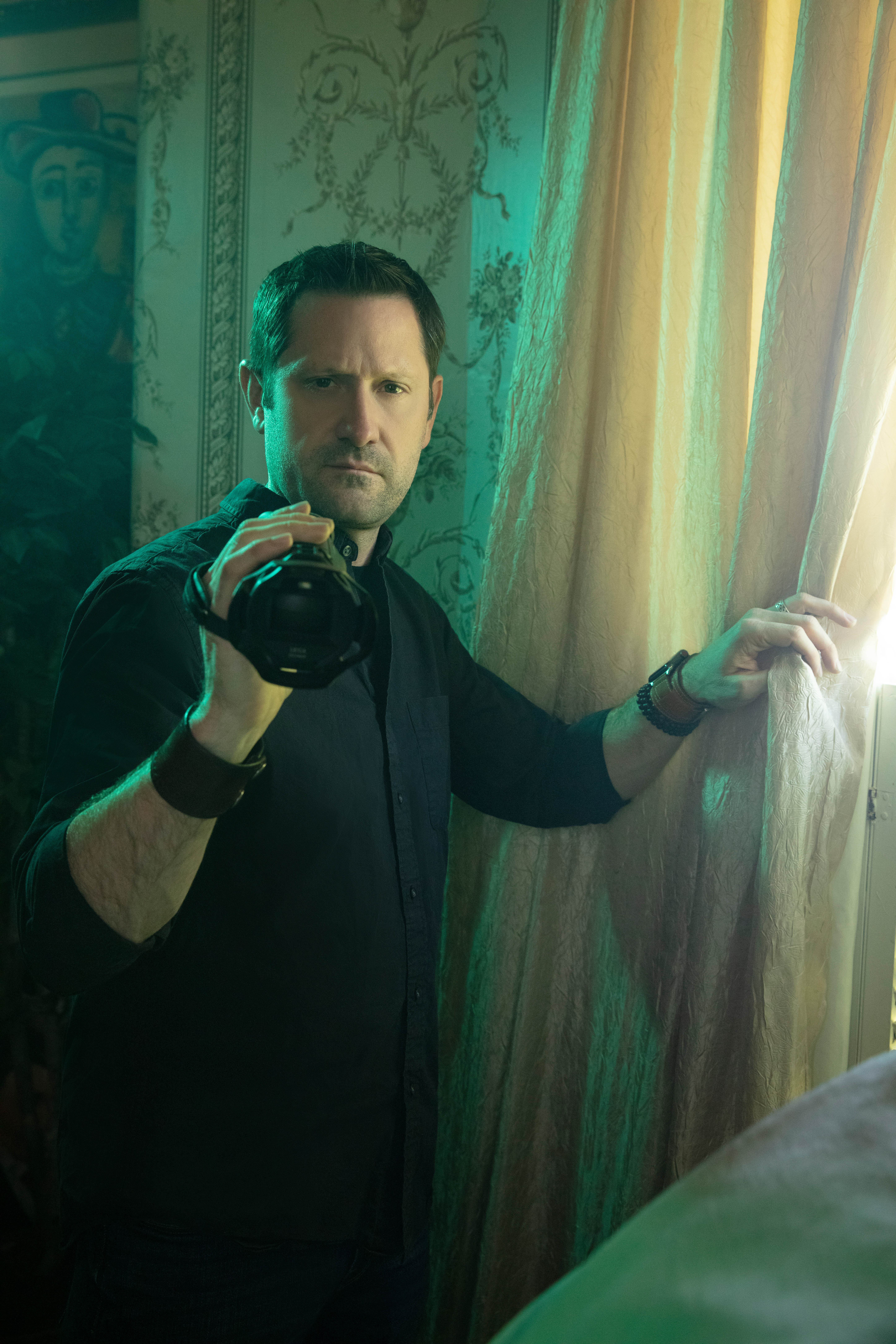'Ghost Hunters' Grant Wilson Hoping to Scare Up New Generation of Viewers
The smarter way to stay on top of the multichannel video marketplace. Sign up below.
You are now subscribed
Your newsletter sign-up was successful
A&E tonight (Aug. 21) brings back the granddaddy of paranormal-themed reality series, Ghost Hunters, after a 15-year absence from television screens. The series follows Grant Wilson -- one of the original show’s team leaders -- and a handpicked group of professional ghost hunters as they use their decades of field experience to investigate hauntings across the country.
Wilson recently explained to me the success of the first iteration of Ghost Hunters, his decision to leave the show, and his reasons for reviving the show in a recent interview, an edited version of which appears below.

How will this version of Ghost Hunters differ from the original series?
It will be very familiar in that we go in, we talk to the person, we try to dispute stuff and we try to find stuff. It's a very familiar format, but the audience has gotten smarter over the years, so we can’t come back and do the exact same thing. What we’ve done is focus less on 'is it there?' -- that‘s still part of the show -- but more about what does it all mean. A lot of people see an entity or hear a voice and then stop, but that’s where we are going to start. We’ll look at it and try to figure out what it is or who it is, what does it mean and how can we help. We’re showing people how to think differently, so it's much more about treating the clients and entities like the people they are.
Why did you decide to bring it back now?
That’s a good question. I left because I wanted to be with my three boys during their teenage years, and I felt I met a lot of the goals I set out to accomplish, one of which was to raise awareness. I wanted people to know that if they thought their house was haunted there was somewhere to turn to. Also, I wanted people to know that if they were interested in this stuff there’s a way to do it that helps people. So we built this momentum [for the show] to the point where I said I could stop and be with my family again. But I started to watch the [genre] change -- it was growing which is good, but there’s a lot of it that’s going just to the left of center. It wasn’t anybody’s fault, but it [the genre] was naturally drifting. So at that point I felt I needed to get my voice back out there and needed to take it to the next level. It’s not just about a different team doing the same thing and it's not about demons; it's bringing back the humanity and showing that these are real people and that we can do a lot of good with this.
You mentioned the genre’s ebbs and flows in popularity over the years. Why has it become popular again?
The smarter way to stay on top of the multichannel video marketplace. Sign up below.
I think there was this eruption of shows and ideas, and [other producers] saw that Ghost Hunters was a hit -- the formula worked and was repeatable. There were a bunch of people who tried their hand at it and there were different techniques, but then it became too saturated and the shows weren’t succeeding. Now people are starting to see what they were missing and [the genre] has come back strong.
Are you concerned that the genre may again find itself suffering from over-saturation given the number of shows currently in the marketplace?
What we really need to do is avoid that same repetition. Imagine you sit down in kindergarten and they teach you how to color inside the lines, but now your 15 and they’re still teaching you that same thing. That’s when it gets frustrating. We have to advance the programming -- as the audience gets smarter, we have to get smarter. We’re doing that here, and the plan is to constantly engage the audience and push a little further so as they get smarter the show stays current instead of getting stuck in a template.
R. Thomas Umstead serves as senior content producer, programming for Multichannel News, Broadcasting + Cable and Next TV. During his more than 30-year career as a print and online journalist, Umstead has written articles on a variety of subjects ranging from TV technology, marketing and sports production to content distribution and development. He has provided expert commentary on television issues and trends for such TV, print, radio and streaming outlets as Fox News, CNBC, the Today show, USA Today, The New York Times and National Public Radio. Umstead has also filmed, produced and edited more than 100 original video interviews, profiles and news reports featuring key cable television executives as well as entertainers and celebrity personalities.

